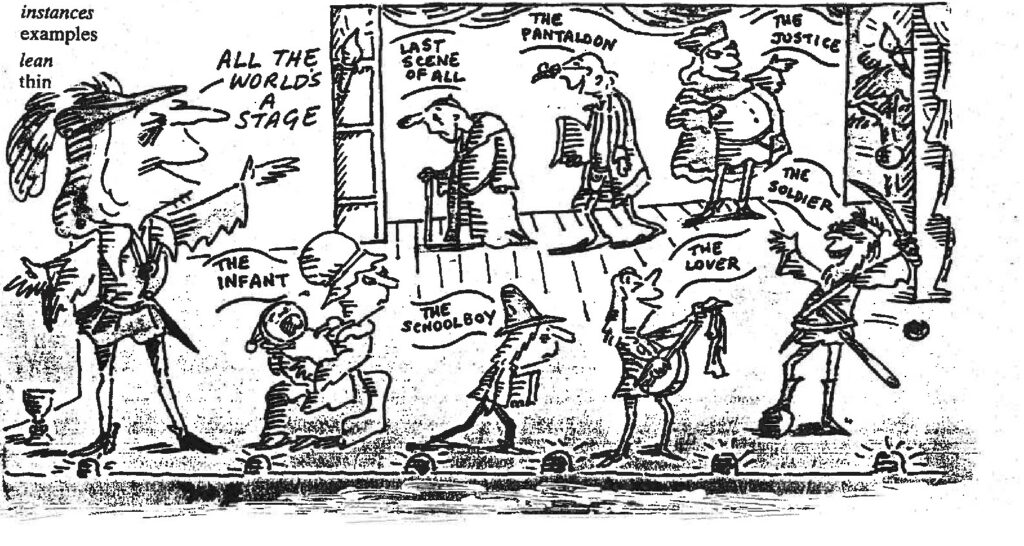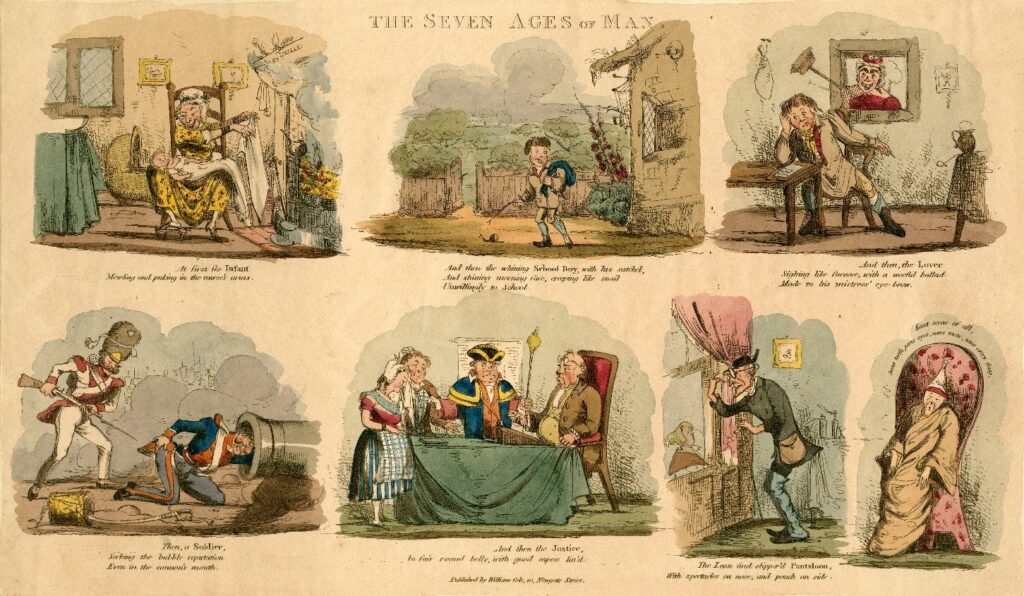☘ Daily English Conversation – English Today ☘
☘ English Conversation for beginners ☘
⚜ Saxon genitive explained in Spanish ⚜
The English Pronouns ⏩
The English Tenses ⏩
The English Tenses. Perfect and Continuous ⏩
10 great songs to learn the Present Continuous
The Passive Voice. Passive tenses. With exercises⏩
Modal Verbs Quiz. Exercises with answers ⏩
🍁We are all the same🌻
Prejudice and injustice begin when race, age, gender, disability, sexual orientation, or species are used to justify discrimination.
Human beings have justified wars, slavery, sexual violence, and military conquests through the belief that those who are “different” do not experience suffering and are not worthy of moral consideration. Many people have suffered torture, exploitation, and death because they are “different”.
These discriminations have changed throughout history, and we’re horrified now to recall the abuse inflicted on others: the extermination of Jewish people by the Nazis or the enslavement of African people by American plantation owners.
Would we imprison our children in cages? Would we violate our sisters and steal their babies? Would we deliberately infect our friends with diseases? No, we would not. So, why would we do the same to other creatures? We must abandon the archaic and incorrect boundary of “human,” which we use to justify the massacre of billions of beings.
🌼10 difficult words to say in British and American English
What words do you find hard to pronounce in English?
In this video we look at 10 more words that English learners often find tricky and look at how we say them in British and American English.
🌱The Seven Ages Of Man ⚜ William Shakespeare ⚜

As You Like It ❃ Act 2 – Scene 7
All the world’s a stage,
And all the men and women merely players;
They have their exits and their entrances;
And one man in his time plays many parts,
His acts being seven ages. At first the infant,
Mewling and puking in the nurse’s arms;
And then the whining school-boy, with his satchel
And shining morning face, creeping like snail
Unwillingly to school. And then the lover,
Sighing like furnace, with a woeful ballad
Made to his mistress’ eyebrow. Then a soldier,
Full of strange oaths, and bearded like the pard,
Jealous in honour, sudden and quick in quarrel,
Seeking the bubble reputation
Even in the cannon’s mouth. And then the justice,
In fair round belly with good capon lin’d,
With eyes severe and beard of formal cut,
Full of wise saws and modern instances;
And so he plays his part. The sixth age shifts
Into the lean and slipper’d pantaloon,
With spectacles on nose and pouch on side;
His youthful hose, well sav’d, a world too wide
For his shrunk shank; and his big manly voice,
Turning again toward childish treble, pipes
And whistles in his sound. Last scene of all,
That ends this strange eventful history,
Is second childishness and mere oblivion;
Sans teeth, sans eyes, sans taste, sans everything.
El mundo es un escenario, y hombres y mujeres, todos, meros actores; tienen sus salidas y sus entradas, y cada hombre en su vida interpreta muchos papeles, siendo sus actos siete edades.
Primero el recién nacido, gimoteando y vomitando en brazos de la nodriza.
Después el colegial quejicoso, con su cartera, con su cara resplandeciente por la mañana, arrastrándose como un caracol, de mala gana, a la escuela.
Y luego el amante, suspirando como un horno de fundición, con una balada doliente referida a la ceja de su amada.
Más tarde, soldado, lleno de extraños juramentos y barbudo como el leopardo, celoso de su honor, brusco y pronto en la pelea, en busca de la fama fugaz, incluso en la boca del cañón.
Luego el juez, con el vientre orondo henchido de buenos capones, los ojos severos y la barba recortada, repleto de sabios proverbios y aforismos actuales, representa así su parte.
La sexta edad cambia al enflaquecido viejo en pantuflas, con quevedos y faltriquera al costado, con sus calzas de antaño, bien aprovechadas, ahora demasiado anchas para sus zancas cada vez más flacas; y su voz fuerte y varonil torna en infantil falsete trémulo y silbante.
La escena final de todas, con la que termina esta extraña y memorable historia, es la segunda infancia y mero olvido, sin dientes, sin vista, sin gusto, sin nada.
Traducción al español: Luisa Claver Oñate

The Paris Review – Folger Shakespeare Library Images Online
Charles Dickens ⚜A Tale Of Two Cities⚜ Chapter I
It is the year 1775 in England and France. The novel opens with famous antithesis . It is a rhetorical device that grasps the reader’s attention. Dickens makes a statement that is followed by a statement saying the opposite.

It was the best of times, it was the worst of times, it was the age of wisdom, it was the age of foolishness, it was the epoch of belief, it was the epoch of incredulity, it was the season of Light, it was the season of Darkness, it was the spring of hope, it was the winter of despair, we had everything before us, we had nothing before us, we were all going direct to Heaven, we were all going direct the other way— in short, the period was so far like the present period, that some of its noisiest authorities insisted on its being received, for good or for evil, in the superlative degree of comparison only.
“Era el mejor de los tiempos, era el peor de los tiempos; la edad de la sabiduría, la de la locura; la época de las creencias y de la incredulidad; la era de la luz y de las tinieblas; la primavera de la esperanza y el invierno de la desesperación. Todo lo poseíamos, pero nada teníamos; íbamos directamente al cielo y nos extraviábamos en el camino opuesto. En una palabra, aquella época era tan parecida a la actual, que nuestras más notables autoridades insisten en que, tanto en lo que se refiere al bien como al mal, sólo es aceptable la comparación en grado superlativo.”
